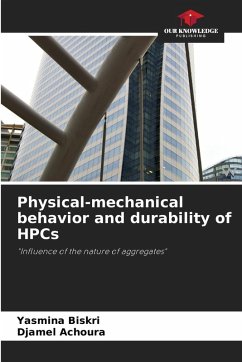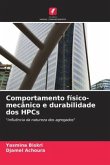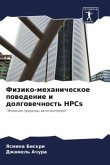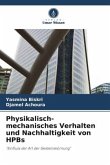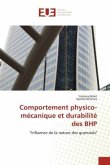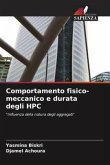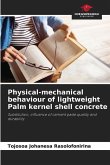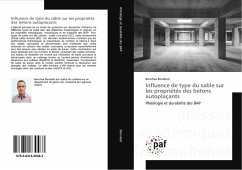High-Performance Concrete (HPC) is an innovative concrete that has found its place in modern construction. New formulation and design techniques for high-performance concrete have made it possible to improve durability and acquire remarkable mechanical properties compared with conventional concretes, thanks to its improved rheological qualities and very limited porosity. This has made it particularly suitable for use in aggressive environments. Natural aggregates, frequently used, now represent a non-renewable resource whose accessibility is steadily decreasing. The valorization of local by-products in the form of aggregates or mineral additions in the manufacture of a new range of high-performance concretes with improved properties will lead to a search for an arrangement between performance and cost, with the aim of producing a resistant material with increased durability.The aim of this work is to make a contribution to understanding the influence of the nature of natural and/or artificial aggregates on the main characteristics of high-performance concretes.
Bitte wählen Sie Ihr Anliegen aus.
Rechnungen
Retourenschein anfordern
Bestellstatus
Storno

